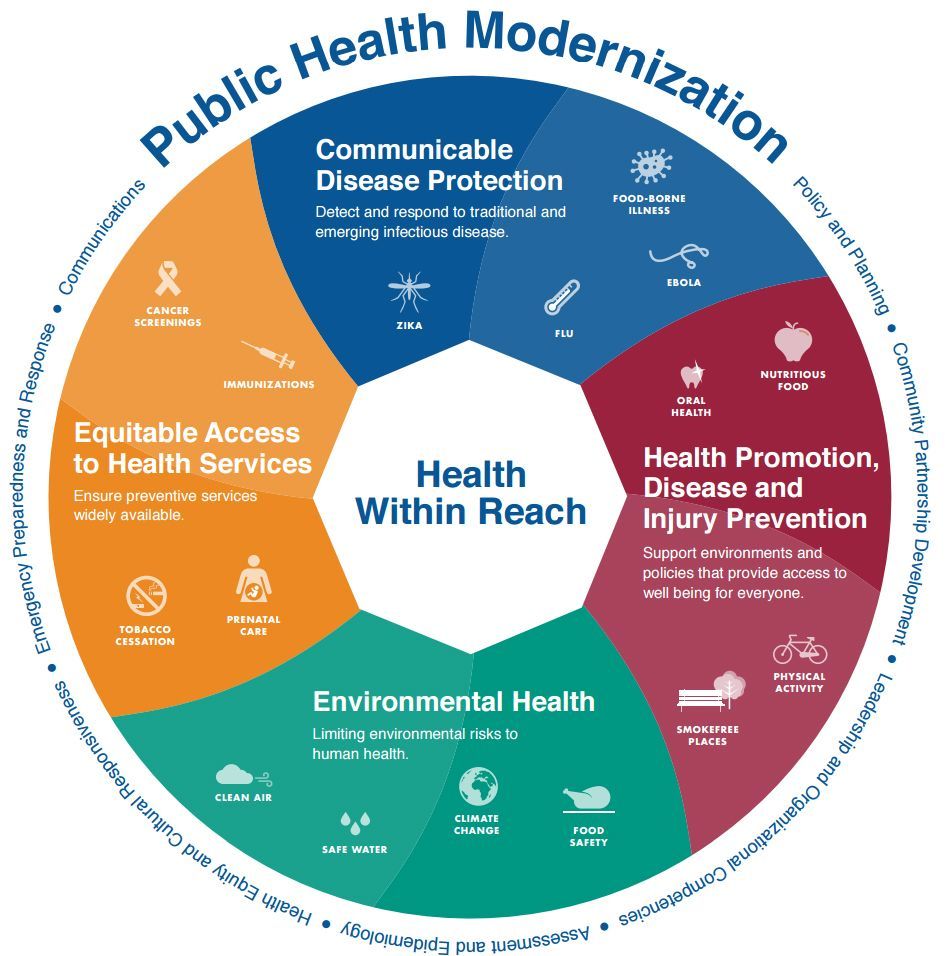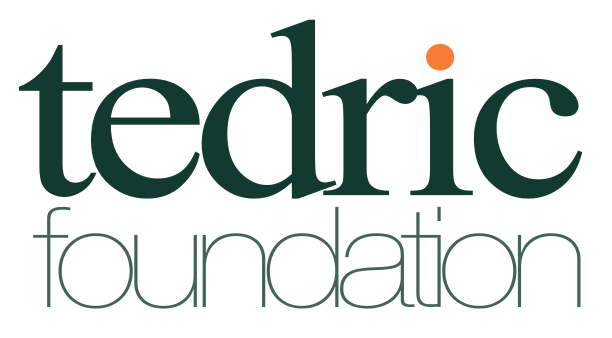Public Health
Public health examples include vaccination programs, ensuring access to clean water and food, promoting healthy diets, preventing tobacco and alcohol misuse, developing safety standards, and tracking disease outbreaks. Initiatives such as the fortification of food with folic acid to prevent birth defects, monitoring water quality, and creating laws to promote safety are all forms of public health in action.
Here are some categorized examples of public health in action:
Disease Prevention and Control
- Vaccinations:
- Community-wide immunization campaigns against diseases like measles, flu, and COVID-19 to prevent widespread outbreaks.
- Disease Surveillance:
- Tracking and monitoring the spread of infectious diseases, such as tracking influenza and responding to potential public health emergencies.
- STI Prevention:
- Distribution of condoms and other educational resources to control the spread of sexually transmitted infections.
- Antimicrobial Resistance (AMR):
- Efforts to prevent the overuse of antibiotics and promote their responsible use to slow the development of drug-resistant infections.
Environmental Health
- Clean Water and Air:
- Monitoring and ensuring the quality of local water supplies and improving air quality to protect public health.
- Waste Management:
- Implementing systems and policies for effective waste disposal and sanitation to prevent disease.


Health Promotion and Education
- Diet and Nutrition:
- Developing school lunch programs and promoting healthy eating habits to combat obesity and ensure children have access to nutritious food.
- Physical Activity:
- Organizing community programs and events, like 5K runs or walking campaigns, to encourage regular exercise.
- Smoking and Alcohol Cessation:
- Implementing policies like minimum pricing for alcohol and providing resources for smoking cessation to reduce harm from these substances.
Policy and Advocacy
- Seatbelt Laws:
- Advocating for and enforcing traffic safety laws, such as mandatory seatbelt use, to reduce injuries.
- Workplace Safety:
- Developing and implementing safety standards in workplaces to protect workers from hazards and injuries.
- Public Health Crises:
- Declaring and addressing issues like racism or climate change as public health crises that require systemic change and coordinated action.
